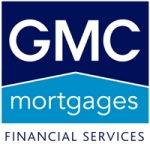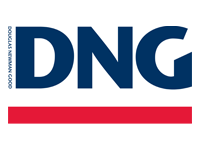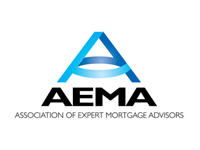Buying an investment property
Investing in property is an increasingly popular way of investing. Many people are familiar with the process of buying a property and this familiarity makes the decision to invest somewhat easier. Many of the things that should be taken into account when buying a property for use as your own home also apply in the case of buying to let, however there are some other things that you should consider (see below). We can help you with obtaining a buy to let mortgage, which is a loan that is specifically designed to finance an investment property.
Advantages & Disadvantages
Buy to let is popular as an investment technique as it is simple to understand, there is a physical asset giving many people reassurance, and there is an ability to leverage the investment with buy to let mortgages. In addition, you can choose to manage the property yourself, which, while involving an investment of time, will reduce costs and improve the “bottom line” of your investment.
Some potential negatives that any buy to let investor should be aware of include the ability to cover mortgage and other costs with rent (there may be a deficit which you would have to meet personally), having to deal with tenants on an ongoing basis (although you can hire a property management company to do this), and the need to put up a substantial deposit upfront (although you can possibly release equity from your home to cover this).
Becoming a landlord
Once you buy your property to let out, you by definition become a landlord. You should be aware of the implications of this – for a start, if your property is located in the Republic of Ireland, you need to register as a landlord with the local authorities. Furthermore, being a landlord means managing the letting process, potentially taking calls and complaints from tenants to solve problems that may occur with the property, and monitoring incoming rent payments as they fall due. You can of course hire a property management company to take care of many of these things, but you should ideally be prepared to take care of them personally as a fall back measure.
Costs
As a buy to let investor, you will face many of the same costs as buying your own home. However, apart from the standard costs such as decorating, furnishings and solicitors costs, you should budget for additional costs such as management fees (if you intend to have an agent take care of lettings) and also budget for potential vacant periods during which you will receive no rent.
Here is a list of some of the things you need to consider when buying a property for investment:
Where is the property and can I attend personally if there is a problem?
Am I prepared to pay an agent to take care of the lettings and ongoing management, and if not am I prepared to do it myself?
Have I prepared a detailed list of income and expenditure and am I prepared to fund any shortfalls that may arise from time to time?
What would happen in my income and expenditure calculation if interest rates rose significantly and/or I could not fund tenants?
To what standard is the property kitted out and what else do I need to buy to make it “lettable”, e.g. kitchen, white goods, painting, flooring?
Is the property in an area that (a) will attract tenants easily and (b) is likely to appreciate at least as much if no more than the market as a whole?


